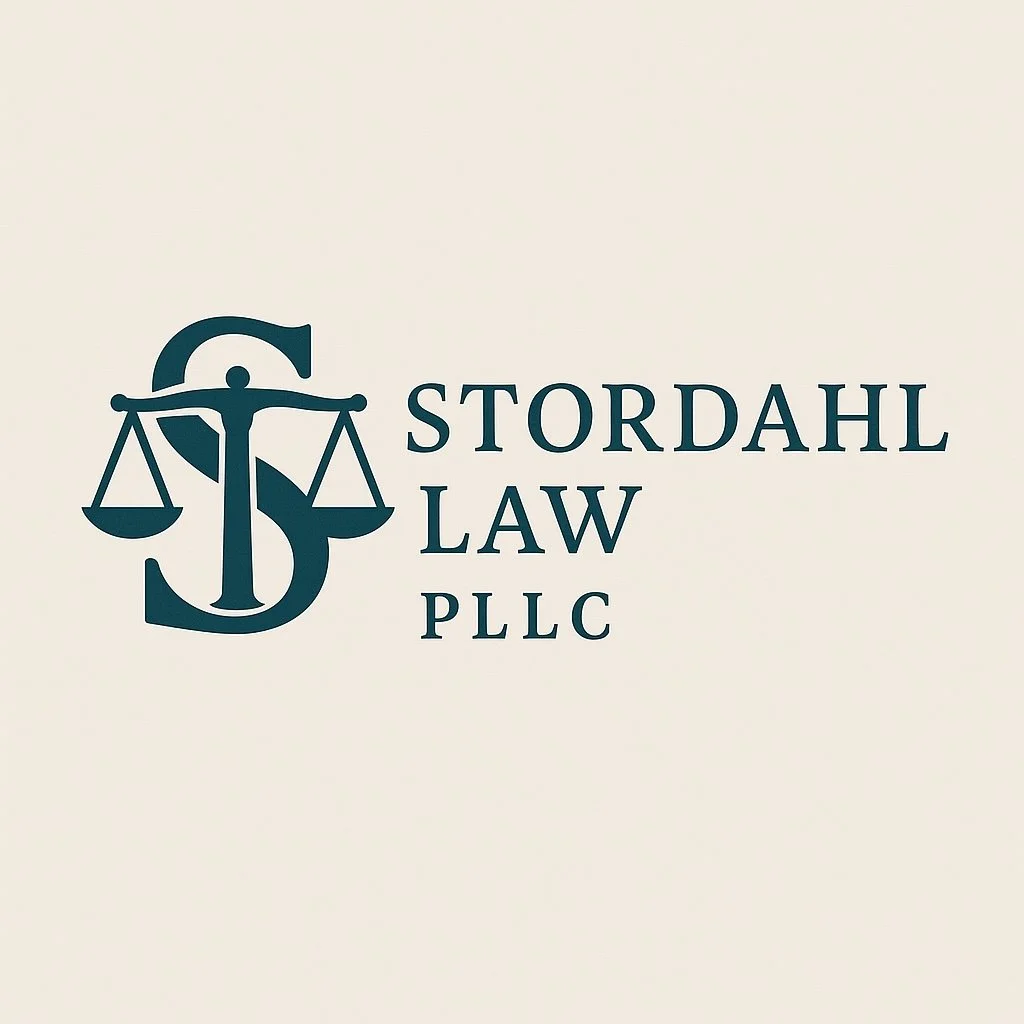How Does Property Division Work in a Colorado Divorce?
Dividing property during divorce can feel overwhelming — especially when emotions are high and finances are intertwined. If you’re going through a divorce in Colorado, it’s important to understand how the law handles property division and what to expect as you move forward.
1. Colorado Is an “Equitable Distribution” State
Colorado courts divide marital property based on what’s fair — not necessarily what’s equal. That means a 50/50 split is not guaranteed. The court will consider factors like each spouse’s contribution to the marriage, their economic circumstances, and the value of the property in question.
2. Marital vs. Separate Property
Only “marital property” gets divided in a Colorado divorce. In general:
Marital property includes anything acquired during the marriage, regardless of whose name is on it.
Separate property includes assets one spouse owned before the marriage, gifts or inheritances received individually, or certain personal injury settlements.
However, separate property can become marital if it’s mixed with shared finances — for example, if you use inheritance money to buy a joint home.
3. Common Types of Property Divided
Marital property can include:
Homes and other real estate
Retirement accounts and pensions
Vehicles
Bank accounts
Stocks, bonuses, and investment income
Business interests
Household items and valuables
It’s crucial to gather accurate documentation of everything you and your spouse own.
4. What About Debt?
Just like assets, marital debt is divided equitably. That includes credit card balances, car loans, medical bills, and more. The court will look at who incurred the debt and for what purpose when deciding how to allocate responsibility.
5. You Don’t Have to Let the Court Decide
Many divorcing couples reach property agreements outside of court — through negotiation, mediation, or with help from their attorneys. These agreements still need court approval, but they offer more control and privacy than letting a judge decide.
Talk to a Colorado Divorce Lawyer Who Knows the Process
Dividing property fairly starts with knowing your rights and options. At Stordahl Law, PLLC, we help clients across the Denver metro and Front Range protect what matters most. Whether you have a simple estate or complex financial questions, we’ll walk you through the process with clarity and strategy.
